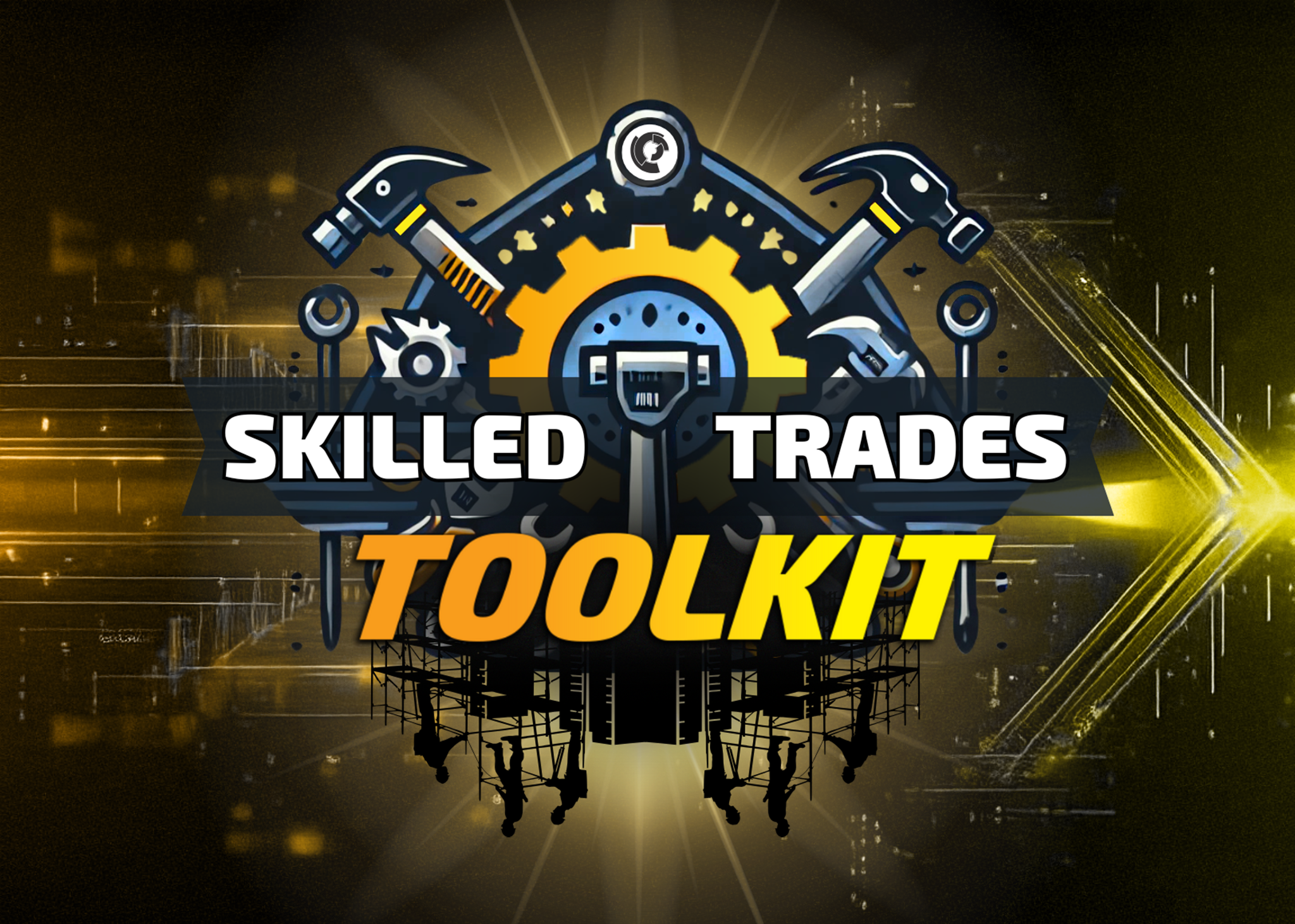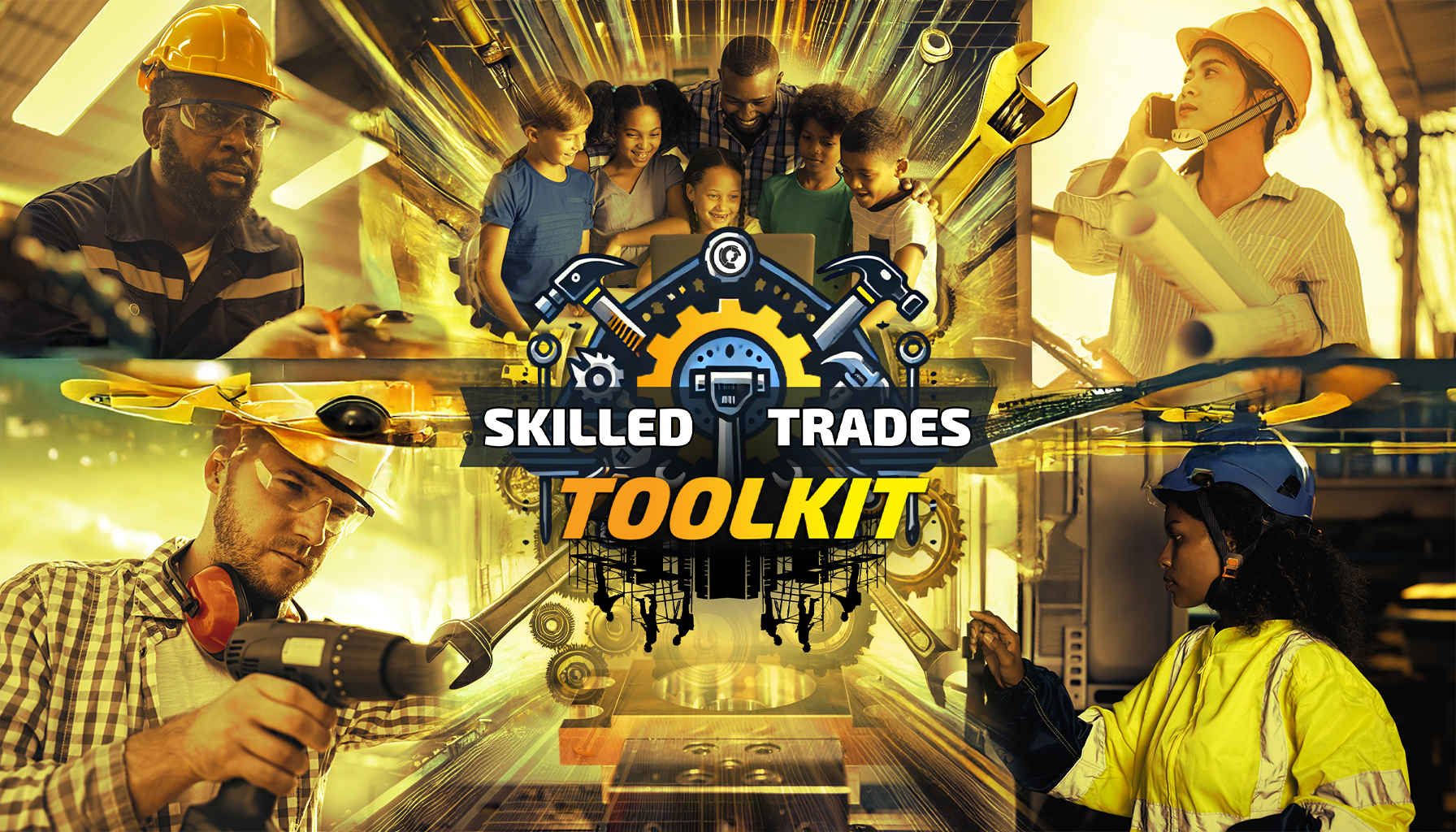
A mix of backgrounds and experiences can spark innovation, foster creativity, and drive problem-solving. Different perspectives introduce fresh ideas and new ways of thinking. Encouraging students and job seekers to explore careers across various industries helps build dynamic and well-rounded teams.
Ensuring diversity in the workplace requires employers to think about all the different characteristics that employees could have. First, we have protected characteristics like race, age, and gender. We also have different experiences, talents, skills, opinions and personalities.
While building a diverse workplace is the right thing to do, employers may feel obliged to hire employees from different backgrounds and genders, but the benefit truly lies in fostering an inclusive workplace. An inclusive workplace is more than just being an equal opportunity employer, it means creating a space where all employees are valued, heard and empowered.
We all want to succeed
We all want to be successful, but unless you're living alone on an island, experiencing success is a community effort. We all have different life experiences and challenges that have shaped our world view. When we take the time to listen and learn from each other, we may be presented with an amazing opportunity. Opportunities to recognize our talents and discover how to develop them or work together so we can grow and experience success.
As a leader, surrounding yourself with people who will consistently agree with you and who think the same way as you will not encourage innovation. One of the many benefits of having a diverse team includes more creativity and ingenuity. Team members who have the freedom to articulate their own ideas can urge you to think in a different way and consider other perspectives.
“Good leadership requires you to surround yourself with people of diverse perspectives who can disagree with you without fear of retaliation.” — Doris Kearns Goodwin
It’s not enough just to just hire people of different genders, races, and backgrounds, to work with you - that’s diversity. You also need to make people from different backgrounds feel valued and listened to - that’s inclusion. If you hire for diversity but your hires don’t feel comfortable speaking up you won’t reap the real rewards of diversity and inclusion.
Two challenges in building future workforce
There are two major challenges facing employers in the skilled trades industries:
- There are more people retiring than there are young people to replace them
- There are underrepresented people groups who could and should enter the skilled trades
At Edge Factor, we are working to inspire students and job-seekers to explore careers in the skilled trades. With a special focus on empowering underrepresented groups of people to consider and launch rewarding careers. We have created thousands of multimedia tools that use the power of storytelling to demonstrate how individuals from different backgrounds have merged their hands and their minds to push back the edge of what’s possible, solve problems, and experience success.
Equipping underrepresented groups to experience success
Here are 5 ways to equip underrepresented groups to experience success:
Empower Students: We can encourage students to develop empowerment through promoting their self-advocacy, which is a lifelong skill they can use to overcome challenges throughout and beyond their education.
Create a Sense of Belonging: Educators can deliver educational material from unique perspectives, sharing stories or inviting guest speakers who share personal stories about their backgrounds, career trajectories, and some of the barriers and challenges they faced. When students find a common ground with their educators and mentors they feel more cared for and become more motivated to learn.
Provide resources for students with developmental disabilities: Educators play an important role in creating accessible learning environments and academic experience for students by fostering open communication with students and parents to ensure essential and reasonable accommodations are in place for students to experience academic success.
Connect Students with Resources & Opportunities: Assist students in navigating educational systems by connecting them with resources and opportunities that remove barriers or elevate their STEAM education and careers.
Encourage Community Involvement: The sense of community is integral to foster cultural values and identities in students that center around promoting meaningful communal connections and “giving back” to their community.
Edge Factor’s Toolkit Promotes Diversity in the Trades
Edge Factor’s Skilled Trades Toolkit highlights inspirational stories of diverse people from diverse backgrounds, providing insights on their rewarding, skilled trades careers.
During the months of March, and April, Edge Factor is providing a FREE Skilled Trades Toolkit to equip educators, industry, and workforce leaders with high impact tools to showcase diverse people and careers in the skilled trades. Use this toolkit to align with International Women's Day, Diversity Month, Global Recycling Day, Developmental Disabilities Month, Autism Awareness Day, or Earth Day! Show students and families how skilled trades professionals are turning challenges into success, and how sustainability and AI are impacting the future of skilled trades.
A skilled trade is a career path that merges hands-on work with specialty knowledge. Skilled trades workers keep our economy and lives moving forward, as they build and maintain infrastructures like homes, schools, hospitals, roads, farms, parks, and so much more. Skilled tradespeople ensure our critical industries continue to operate, as they perform many services that we rely on every day. Careers in the skilled trades span manufacturing, agriculture, construction, industrial, hospitality and service, automotive, electrical, HVAC, masonry, engineering, painting, culinary arts, child and youth workers, power generation, and so much more. The opportunities are endless and this toolkit is all about opening students’, parents’, and job-seekers’ eyes to the pathways available in today’s modern world.
Learn More About Edge Factor
If you are interested in learning more about what an Edge Factor membership can unlock, create your free account or book a demo.
Questions? Feedback? Contact us.
Email: info@edgefactor.com or message us on the Live Chat. We’d love to hear from you.

.jpg)

.jpg)
.png)
.png)
.jpg)